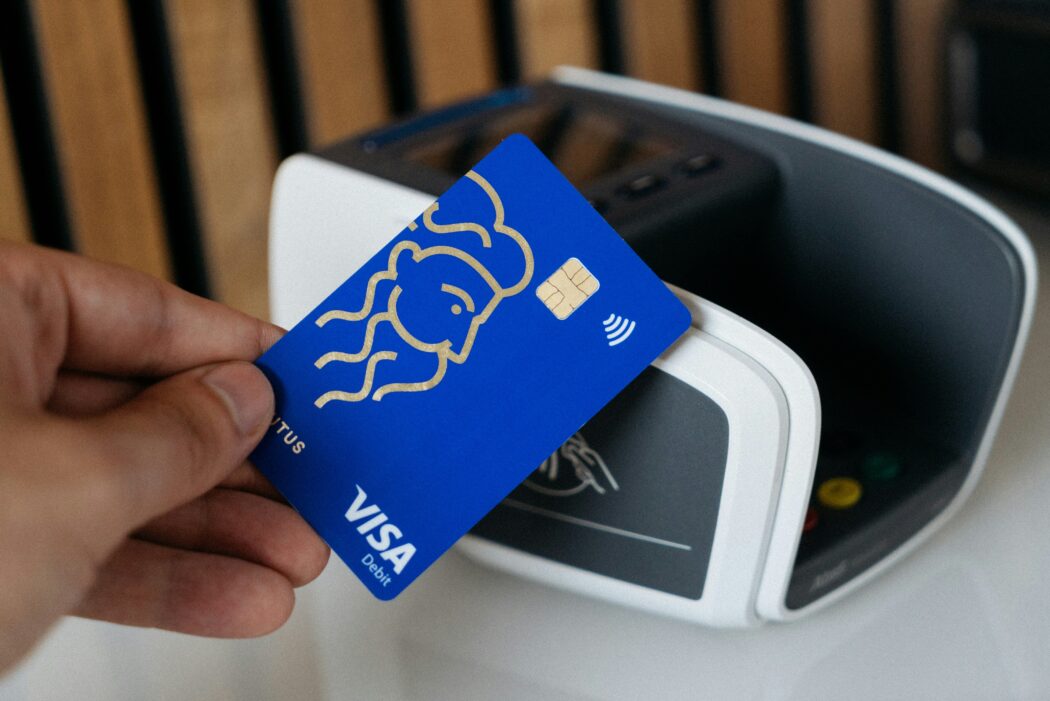The United States Justice Department recently sued the payment card services corporation Visa Inc. over its continuous efforts to monopolize the debit market. In this civil antitrust lawsuit, the Justice Department claims Visa is violating Sections 1 and 2 of the Sherman Act: engaging in anticompetitive practices, preventing consumer choice and innovation, and imposing high costs on Americans. This case highlights a broader concern: an increasingly intensifying trend of corporations engaging in monopolistic behaviors through mergers and acquisitions, which can harm consumers and the economy.
A monopoly is a corporation or entity controlling a significant portion of an industry. Typically, in US courts, a market share of over 50% is required for legal intervention. Monopolies, especially those formed through strategic mergers and acquisitions, can lead to diminished consumer choice, higher prices, reduced production, and less innovation. Large companies can also influence regulatory and political processes, enabling them to maintain control over the market and increase profits. This can be done by changing safety regulations and licensing requirements, speaking in Congress on various political matters, and avoiding sales taxes. Monopolizing corporations are able to achieve this market control by merging with/acquiring their rivals or buying out their smaller competitors. By those means, the corporations gain significant power and influence within their industry and prevent competition from succeeding by suppressing smaller companies they see as threats.
An example of a monopoly is EssilorLuxottica, an eyeglass company that controls 80% of the market, producing products for brands such as Prada, Rayban, and LensCrafters. Due to its large presence in the eyeglass market, EssilorLuxottica has the power to dictate prices. This allows them to price their products at the highest price that consumers can afford – which is significantly above their manufacturing margins. Former executives shared that some frames are marked up as much as 1000%. Because Luxottica produces frames and lenses for a variety of brands, consumers may feel as if they have a choice in their purchasing decisions, but they ultimately do not. Essilor, a French corporation, in 2017, bought Luxottica for a whopping 24 billion dollars. This acquisition was approved by American and European regulators and passed an investigation by the Federal Trade Commission. However, business experts argue that this merger allows this megacorporation to retain control over the market.
Governments sometimes intervene in an attempt to prevent anticompetitive business practices that reduce consumer purchasing power and limit market competition. The guidelines that regulate such business practices are referred to as ‘Antitrust Laws’ in the United States or as the Competition Act in Canada. The Competition Act aims to ensure competition within markets while promoting economic efficiency, thus allowing consumers to be provided with choice in products and fair prices. Competition Bureau Canada is responsible for enforcing this act and is akin to the United States’ Federal Trade Commission. These laws are crucial in preventing monopolies and promoting fair competition, ultimately benefiting consumers by ensuring a variety of options and competitive prices.
By enforcing these regulations, governments aim to create a level playing field for businesses to thrive and innovate within the market.
Looking at Visa as an example again, we can see these laws in action back in 2020, when the US Department of Justice sued the corporation to prevent them from merging with the fintech firm Plaid, a move that would further maintain its monopolistic position in the market. The planned 5.3 billion dollar merger would prevent Plaid, which has developed new technology within the payment platform realm, from succeeding in the market. Visa controls over 60% of the debit transaction market and does not want that position to be threatened. If Visa did not back away from the merger after the lawsuit and continued purchasing its smaller, newer competition, there would be a reduction in technological advancements within the industry. This case shows the harm of monopolistic practices, ultimately limiting consumer choice and potentially stifling innovation. It also highlights the importance of antitrust laws in ensuring a fair and competitive marketplace for all players involved.
Antitrust and competition laws in countries like the United States and Canada play a crucial role in maintaining freedom within the market by ensuring that no single company can dominate an industry.
The recent lawsuit against Visa and the role that companies such as EssilorLuxottica have in their markets show the complexities between corporate power, market freedom, and consumer protection. Monopolistic practices through means like mergers and acquisitions infringe upon consumer choice, allow corporations to inflate prices, and prevent innovation. Contrastingly, in a competitive market, there is more innovation, and products are priced more competitively – resulting in lower costs for consumers. Antitrust and competition laws in countries like the United States and Canada are crucial in maintaining freedom within the market by ensuring that no single company can dominate an industry.








